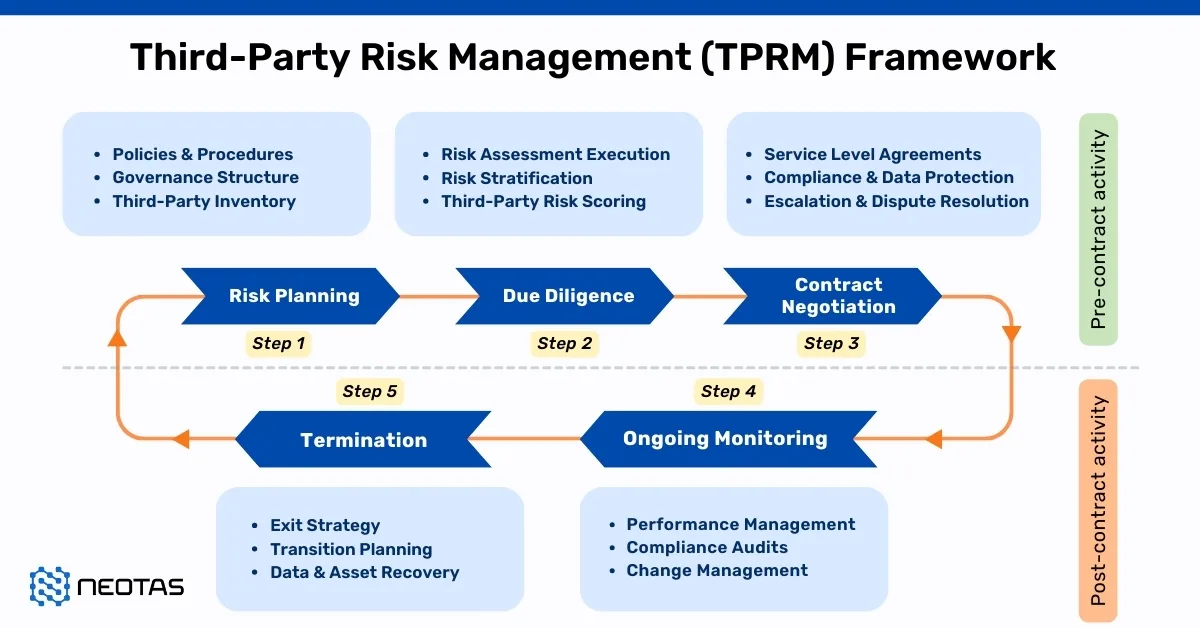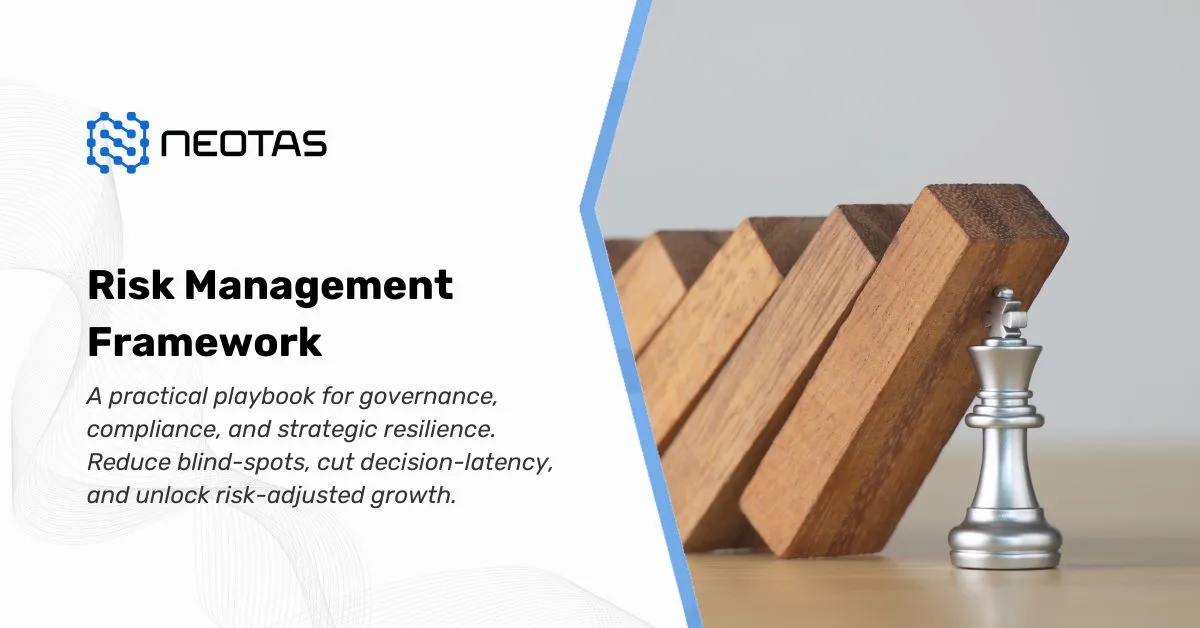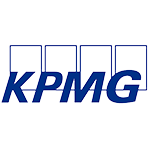UK Modern Slavery Act 2015
Ensure your organisation meets Section 54 obligations and prepares for future reforms with confidence. A clear guide to your legal duties, transparency obligations, and practical steps to mitigate modern slavery risks.
Understanding the Modern Slavery Act: Background, Scope and Intent
The Modern Slavery Act 2015 is a landmark piece of legislation enacted in the United Kingdom to combat all forms of modern slavery, including slavery, servitude, forced labour, and human trafficking. It brings together existing offences into a single, comprehensive legal framework and introduces stronger tools to hold perpetrators accountable while enhancing protection for victims.
The Act not only aims to improve law enforcement’s ability to investigate and prosecute modern slavery offences, but it also encourages a broader commitment to ethical business practices. It addresses the role of organisations, including their supply chains, in preventing human rights abuses.
Key Provisions of the Act include:
- Consolidation of Offences: It merges multiple statutes and offences under one unified legal framework, making prosecution clearer and more consistent.
- Tough Penalties: Perpetrators face severe consequences, including life imprisonment for the most serious offences.
- Civil Preventative Orders: Courts can impose restrictions on individuals involved in modern slavery, even before formal conviction, to prevent further harm.
- Independent Anti-Slavery Commissioner: An independent body was created to oversee, advise, and promote best practice across government and law enforcement.
- Victim Protection: Includes provisions for the seizure of traffickers’ assets for victim compensation, special measures during criminal proceedings, and a statutory defence for victims compelled to commit crimes.
- Child Trafficking Advocates: Appointed to support and represent the interests of children who are victims of trafficking.
Section 54 Modern Slavery Act: Transparency in Supply Chains
Section 54 is a pivotal provision focused on business accountability. It mandates that commercial organisations operating in the UK with a total annual global turnover of £36 million or more must publish a modern slavery and human trafficking statement each financial year.
The statement must disclose the actions taken to ensure slavery is not taking place in their business operations or supply chains. Even foreign-registered companies must comply if they carry on part of their business in the UK. The statement must be approved at board level, signed by a director, and clearly published on the organisation’s homepage.
This transparency measure aims to drive ethical improvements across industries and encourages public scrutiny and investor oversight.
Who Must Comply with the Modern Slavery Act and Why
Section 54 applies to any body corporate or partnership that:
- Carries on business, or part of a business, in the UK; and
- Has a total annual turnover of £36 million or more (including subsidiaries and international revenue).
Compliance is not just about avoiding legal risk—it is essential for protecting corporate reputation, investor trust, and consumer confidence. Non-compliance can impact procurement decisions and contract eligibility, especially in public sector supply chains.
Key Compliance Requirements Under the Act
Organisations that meet the criteria must:
- Publish an annual modern slavery statement within six months of their financial year-end;
- Ensure it is approved by the board and signed by a director or partner;
- Display it prominently on their website;
- Retain prior years’ statements for transparency and comparison.
Failure to produce a meaningful statement or to engage in proactive mitigation could trigger regulatory and reputational consequences.
What to Include in Your Modern Slavery Statement
While the Act does not mandate a fixed format, the UK Government recommends six areas for disclosure:
- Organisational Structure and Supply Chains – A clear outline of the business model, operational jurisdictions, and nature of supply chains.
- Policies on Slavery and Human Trafficking – Internal codes of conduct, supplier charters, and ethical sourcing policies.
- Due Diligence Procedures – Processes used to vet suppliers, conduct risk-based assessments, and address red flags.
- Risk Assessment and Mitigation – Identification of high-risk areas and steps taken to reduce exposure to exploitation.
- Key Performance Indicators (KPIs) – Metrics to evaluate the effectiveness of the organisation’s efforts.
- Training Programmes – Awareness and capacity-building initiatives for employees, suppliers, and procurement teams.
How to Meet and Exceed Expectations Under Section 54
Basic compliance might meet legal standards, but stakeholders increasingly expect proactive engagement. Organisations should treat the modern slavery statement as an evolving disclosure, updated annually to reflect new risks, efforts, and outcomes.
A Level 1 disclosure may focus on initial policy development and awareness, while a Level 2 approach demonstrates deeper due diligence, remediation protocols, and results-oriented performance. Transparency should be underpinned by action—not simply policy declarations.
Statutory Guidance and 2025 Updates You Need to Know
In response to evolving expectations, the UK Government has proposed reforms to strengthen Section 54. These include mandating specific reporting areas, standardising formats, and imposing fixed deadlines for submission.
New guidance aligns UK obligations more closely with international frameworks such as the UN Guiding Principles on Business and Human Rights and the OECD Due Diligence Guidelines. Businesses should stay alert to updates to avoid future penalties and to align with ESG reporting norms.
Proposed reforms are expected to:
- Introduce a mandatory reporting template;
- Impose fixed annual reporting deadlines;
- Grant enforcement powers to levy civil penalties for non-compliance;
- Expand due diligence responsibilities beyond Tier 1 suppliers.
These changes aim to address current inconsistencies and create a more enforceable, auditable framework aligned with international ESG standards.
Non-Compliance Risks and Enforcement Actions
While enforcement under the current framework is limited, the Secretary of State may seek an injunction via the High Court if a qualifying organisation fails to publish a statement. Continued non-compliance could lead to contempt of court and financial penalties.
Beyond legal risk, reputational damage from failing to act ethically can be significant. Negative press, loss of investor confidence, and stakeholder distrust can erode long-term value. Future reforms may introduce civil penalties, expanding the compliance risk landscape.
Why Compliance Adds Strategic Business Value
Compliance with the Modern Slavery Act supports:
- Ethical supply chain management;
- Stronger ESG and corporate reporting alignment;
- Brand differentiation in responsible procurement frameworks.
In today’s global market, transparency and ethical governance enhance access to finance, investor interest, and talent retention. Robust compliance also supports organisational resilience by identifying and mitigating third-party risks.
The Modern Slavery Statement Registry: Public Disclosure in Practice
The UK Government has launched a centralised registry for modern slavery statements, improving accessibility and enabling public comparison. While registration is currently voluntary, it is encouraged as a signal of good governance and corporate responsibility.
Participation in the registry strengthens transparency and can serve as a differentiator in competitive bidding processes. It also prepares organisations for future mandatory disclosure regimes, making early alignment a strategic advantage.
Implementation Plan: How the Act Impacts Organisations and Steps to Comply
Organisations subject to the Act must embed modern slavery risk management into business functions such as procurement, legal, compliance, HR, and sustainability. A structured implementation plan ensures compliance and mitigates operational risk.
Step 1: Internal Ownership and Awareness
- Appoint a senior executive sponsor or compliance lead.
- Establish cross-functional working groups across procurement, legal, ESG, and HR.
- Train employees on identifying and reporting potential modern slavery risks.
Step 2: Supply Chain Mapping and Risk Identification
- Catalogue all suppliers and partners across Tier 1 to Tier 3.
- Conduct desktop assessments to flag high-risk geographies, sectors, and practices.
- Use third-party intelligence tools and audits where necessary.
Step 3: Policy and Procedure Development
- Develop or update modern slavery and ethical sourcing policies.
- Integrate supplier due diligence and contract clauses.
- Design escalation and remediation protocols.
Step 4: Statement Preparation and Board Sign-Off
- Gather and validate relevant data and disclosures.
- Draft the statement with transparency and accuracy.
- Submit for board approval and publish as required.
Step 5: Continuous Monitoring and Improvement
- Set annual KPIs for effectiveness.
- Capture feedback and updates from internal teams and suppliers.
- Prepare for evolving regulations and stakeholder expectations.
This implementation plan should be tailored to the organisation’s size, sector, and risk exposure but must demonstrate a commitment to transparency and continuous improvement.
Supplier Engagement and Contractual Clauses
To enforce anti-slavery commitments, organisations should integrate due diligence into contractual processes:
- Standard Clauses: Require suppliers to adhere to anti-slavery policies and to cascade these obligations within their own supply chains.
- Audit Rights: Reserve the right to audit suppliers and verify compliance through third-party assessments.
- Self-Assessment Forms: Mandate periodic reporting from suppliers on risk mitigation efforts, training, and whistleblowing channels.
This contractual approach promotes ongoing engagement rather than one-time compliance, supporting a culture of ethical sourcing.
Compliance with the Modern Slavery Act is a critical component of responsible business conduct. It requires more than box-ticking; it demands active engagement with ethical sourcing, human rights, and transparency. By integrating modern slavery risk management into core operations, organisations not only meet legal requirements but build long-term trust, resilience, and value.
Integration with ESG and Corporate Reporting
Modern Slavery Act compliance aligns with broader ESG and sustainability goals. Companies increasingly disclose their anti-slavery actions in:
- Annual ESG or Impact Reports
- GRI/SASB-aligned disclosures
- Non-financial reporting under the Companies Act
Stakeholders view transparency on human rights risks as a key ESG indicator. Robust reporting enhances scores in sustainability indices, investor platforms, and regulatory disclosures.
Future Reform Watchlist: What’s Coming Next?
Anticipated legislative and regulatory developments include:
- A mandatory reporting format for consistency and comparability
- Civil penalties for failure to comply or publish
- Shortened submission timelines to align with financial reporting
- Expanded due diligence duties covering indirect suppliers and business partners
Organisations should begin aligning their processes with these reforms now to ensure future readiness and regulatory agility.
The UK Modern Slavery Act 2015 marked a global milestone in protecting human dignity and embedding corporate responsibility. For organisations, compliance is no longer optional nor static—it is a continuous responsibility requiring robust governance, due diligence, and transparent reporting.
By taking proactive steps today, businesses can reduce legal risk, enhance brand integrity, and lead by example in building ethical, resilient supply chains fit for the future.
Below is a list of reputable sources related to the UK Modern Slavery Act, used to inform and support the original insights in this guide:
- https://www.legislation.gov.uk/ukpga/2015/30/contents/enacted
- https://www.gov.uk/government/publications/transparency-in-supply-chains-a-practical-guide
- https://www.gov.uk/government/collections/modern-slavery-bill
- https://www.gov.uk/government/organisations/independent-anti-slavery-commissioner
- https://www.antislaverycommissioner.co.uk/
These links provide additional context, definitions, government guidance, legal text, and practical insights on compliance, enforcement, and corporate governance relating to modern slavery.
Frequently Asked Questions on Modern Slavery Act 2015
What is the Modern Slavery Act 2015?
The UK Modern Slavery Act 2015 is a comprehensive piece of legislation designed to prevent, detect, and prosecute modern slavery and human trafficking. It consolidates existing offences and introduces requirements for certain businesses to report on steps taken to ensure their operations and supply chains are free from slavery and exploitation.
When did the Modern Slavery Act come into force?
The Act received Royal Assent on 26 March 2015 and came into effect in stages from July 2015. Section 54, which relates to business transparency in supply chains, came into effect on 29 October 2015.
Who does the Modern Slavery Act apply to?
Section 54 of the Act applies to commercial organisations (companies, partnerships, or groups) carrying on a business, or part of a business, in the UK with an annual global turnover of £36 million or more. This includes foreign businesses operating in the UK.
What is Section 54 of the Modern Slavery Act?
Section 54 focuses on Transparency in Supply Chains. It requires qualifying organisations to publish an annual statement detailing steps taken to prevent slavery and human trafficking in their operations and supply chains. This promotes public accountability and stakeholder scrutiny.
What must be included in a Modern Slavery Statement?
Although not prescriptive, government guidance recommends including details about organisational structure, policies, supply chain due diligence, identified risks, mitigation steps, key performance indicators (KPIs), and training efforts.
What are the consequences of breaching the Modern Slavery Act?
If a qualifying organisation fails to publish a compliant statement, the Secretary of State may seek an injunction via the High Court. Persistent non-compliance may result in contempt of court and reputational harm. Future reforms may introduce civil penalties for non-compliance.
What can be confiscated under the Modern Slavery Act?
Under the Proceeds of Crime provisions linked to the Act, assets obtained through or used in connection with modern slavery offences—such as property, vehicles, and financial assets—can be seized by authorities following conviction.
What does the Modern Slavery Act cover beyond business compliance?
The Act addresses criminal offences including slavery, servitude, forced or compulsory labour, and human trafficking. It also introduces victim support provisions, transparency measures, and enforcement mechanisms, and created the role of the Independent Anti-Slavery Commissioner.
Why was the Modern Slavery Act introduced?
The Act was introduced to strengthen the UK’s ability to combat modern slavery and protect vulnerable individuals. It responds to increasing global awareness of human trafficking and labour exploitation in complex supply chains.
How can businesses comply with the Modern Slavery Act?
Compliance requires publishing a modern slavery statement annually, approved by senior management, signed by a director or partner, and made publicly available on the company’s website. Businesses should also map supply chains, assess risks, establish policies, conduct due diligence, and train staff.
Read more:



 New Whitepaper and Checklist
New Whitepaper and Checklist
























